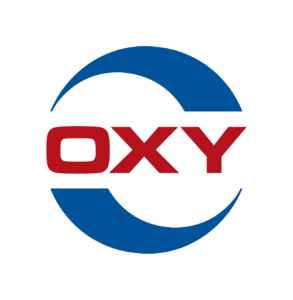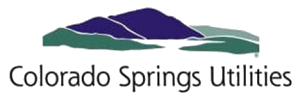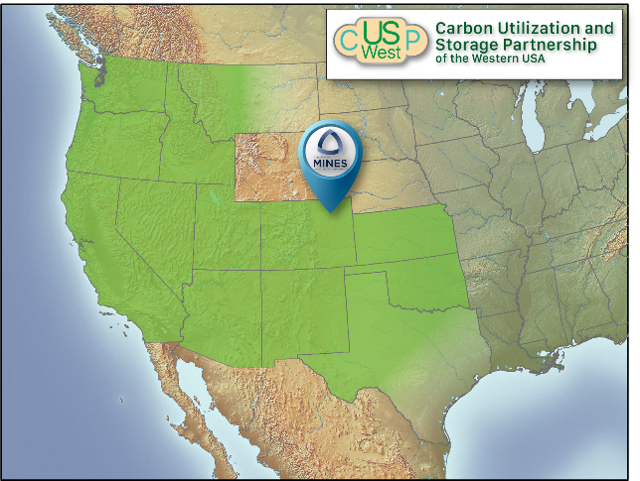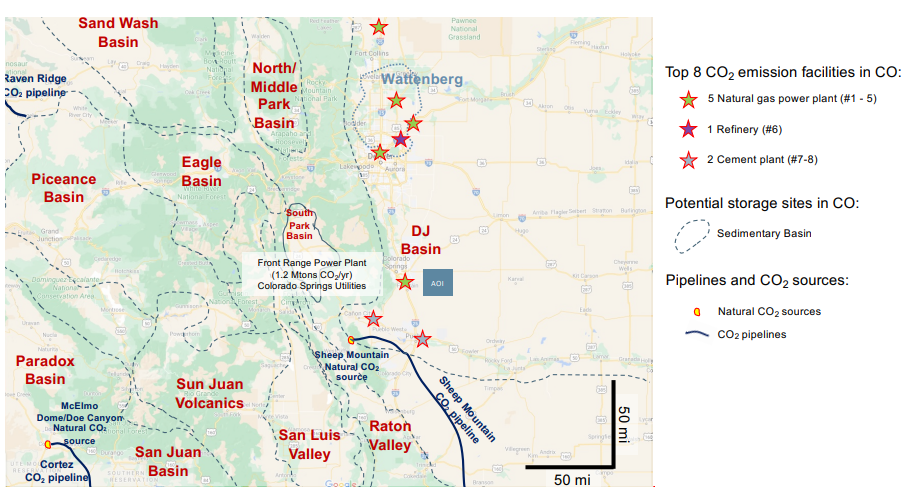Feasibility Study of a Potential Carbon Capture Utilization and Sequestration (CCUS) Project in Colorado


Project Description
Colorado School of Mine (CSM) is studying the feasibility of a potential CCUS project in Colorado. The project aims to capture CO2 from a gas-powered plant (Front Range power plant) and sequester the captured CO2 into the nearby saline aquifers. To do so, CSM is collaborating with two industry partners: Colorado Spring Utilities (CSU) that operates the Front Range natural gas power plant and Oxy Low Carbon Ventures (Oxy). An estimated 1.2 million metric tons of CO2 per year (MMTCO2 /yr) would be emitted from the power plant.
To evaluate the feasibility of the project, CSM plans several tasks: (1) estimate the captured CO2 amount, (2) identify the most cost-effective capture technology currently available for this plant, (3) model a robust and cost-effective infrastructure network to transport the compressed CO2, (4) build subsurface geological, geophysical and reservoir engineering models to estimate the volume of CO2 that could be sequestered into the saline aquifers near the CO2 source, and (5) economic analysis for the entire process including capture, transportation, sequestration and monitoring.
Building on previous work from the Colorado Geological Survey (CGS) two formations, the Lyons and Fountain sandstones, have been identified for potential CO2 storage.
CSM used the Enhanced Analytical Simulation Tool (EasiTool*) for CO2 storage capacity estimation and uncertainty quantification. Using the Lyons reservoir parameters, CSM calculated a first estimation of the total operation cost (drilling, operation, monitoring) according to various scenarios in order to sequester 1.2 MMTCO2. Other costs have to be considered and a deeper study is needed to help the decision-making process and to complete the CCUS project.
*Developed by the Bureau of Economic Geology and the Gulf Coast Carbon Center (GCCC)

CUSP Team
Project Lead: Ali Tura (Colorado School of Mines)
Industry Partners: Oxy Low Carbon Ventures & Colorado Springs Utilities
Primary Goal
Test the feasibility of CO2 capture & sequestration in the Denver-Julesburg (DJ) Basin or saline aquifer near the CSU gas power plant
Impact on Carbon Storage
Mitigate CO2 emissions in Nevada by assessing the potential use of CO2 as a geothermal working fluid
Project Duration
24 months
Anticipated Volume/Year
Approximately 1 MMton/year

Project Objectives
- Estimate the captured CO2 amount from a gas power plant source
- Estimate the storage capacity of the saline aquifers near the gas power plant
- Find the most cost-effective capturing technology currently available
- Build a robust and cost-effective infrastructure network to transport the compressed CO2

